How to choose a power supply for a gaming PC?
18/04/2024
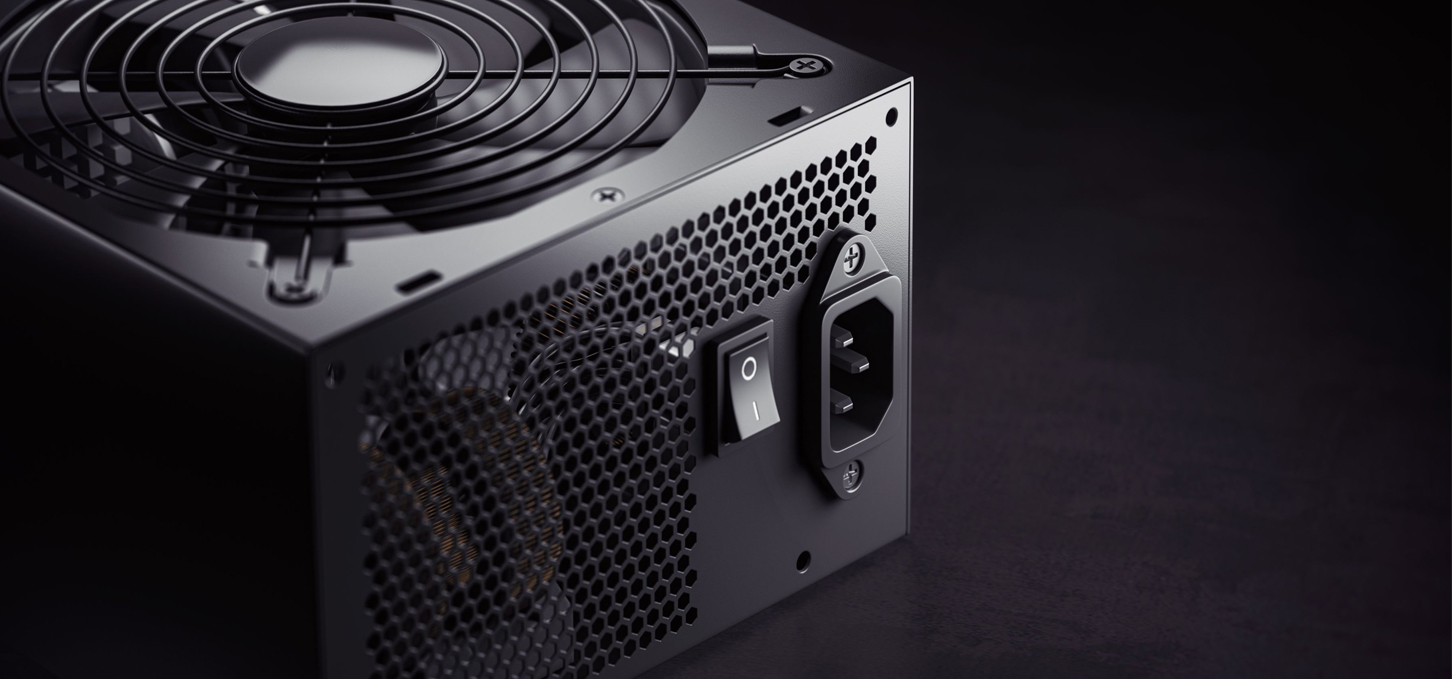
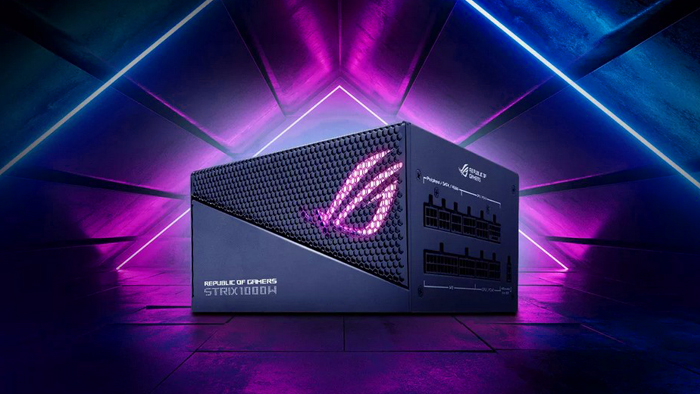
Key aspects of choosing a power supply for a gaming PC
When upgrading your own PC or building a new one, there are many questions about the importance of certain components and how to replace them with a possible alternative. One such component is the power supply. Most beginners do not pay attention to the choice of PSU in the general choice of components, because the processor and video card, on which most of the budget is spent, are more important for performance. However, this is not the last thing you should pay attention to, because choosing the right components contributes to the longevity, efficiency and stability of the system.
It is on the power supply depends on whether the components can withstand a sudden power outage or voltage drop in the network, which will keep the more expensive components working.
Store Gaming Pc will tell you how to choose a power supply for a gaming PC, what you need to consider and why it is important.
Before approaching the choice you need to determine the necessary power that is needed for the components of the system unit. To do this, you need to take into account the power consumption of such components:
Processor
Video card
RAM
Drives
Motherboard
Cooling System
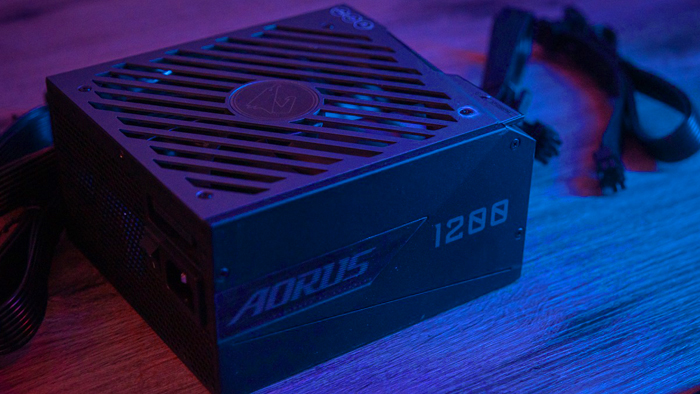
Power and quality calculations for stable system operation
CPUs and GPUs require the most power consumption, which is the basis for further calculations. If these are top builds with flagship graphics cards and corresponding processors of the latest generations, you will need a PSU with a power of 850-1000W. For optimal assemblies you need from 650-750 W. And budget gaming PCs - from 600 W. But everything depends directly on the user's choice of the main components and their power consumption.
One of the quality criteria of the PSU is its efficiency factor. Units with high efficiency have 80 PLUS certification, this indicates how effectively it converts electricity into stable power. It is worth choosing a power supply with high energy efficiency (from 80 Plus Bronze or better) to save power, reduce heat, and keep your system running reliably. we recommend considering reputable and reliable manufacturers that offer a long warranty and support. For example, Cooler Master, Corsair, DeepCool, Asus, be quiet! and others.
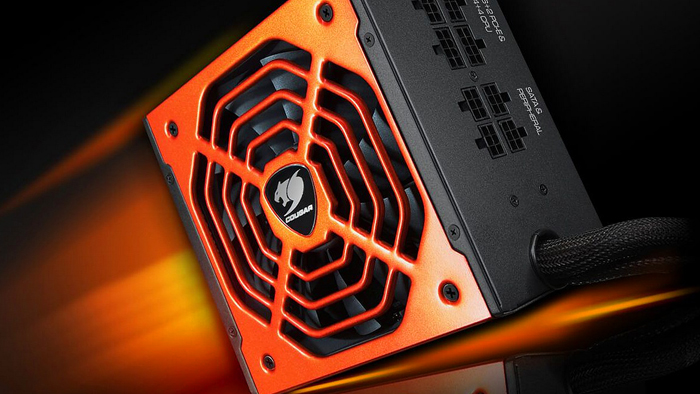
Consideration of functionality, needs and reliability
Also, when asking "how to choose a power supply for a gaming computer?" you should make sure that it has the right number and type of connectors for all relevant components, its form factor and take into account the possibility of future system upgrades. Many PSUs have additional features such as RGB lighting, modular cables or cooling systems with variable speed fans. These features can be useful, but can also increase its cost.
All in all, a PSU is an important component that should keep your personal computer running consistently and smoothly, while not overloading itself. Having learned how to choose the right power supply for a gaming computer, you can come to the conclusion that you should not save on this important detail, it is better to choose reliable manufacturers who on average give a 10-year warranty on their product with high efficiency and take into account the necessary connectors.
Basically the final choice should be made at the end when you have decided on the other components. This is an important step to ensure optimal performance overall. It is not superfluous to turn to professionals, for example, in the Gaming Pc store will help you with the choice and advise you in all aspects.
Gaming PC gaming computers
Gaming Pc's gaming computers are equipped with premium power supplies with maximum performance and reliability, ensuring stable power under the most extreme conditions.
 Free
Free shipping

Processor: Intel Core i5-12400F
Video card: GeForce RTX 3060, 12GB
RAM: 32GB (16GBx2) DDR4 3200 MHz
Motherboard: Gigabyte B760M DS3H DDR4
SSD M2:SSD M.2 1TB / Kingston NV3
 Free
Free shipping

Processor: Intel Core i5-12400F
Video card: GeForce RTX 3050, 6GB
RAM: 32GB (16GBx2) DDR4 3200 MHz
Motherboard: Gigabyte B760M DS3H DDR4
SSD M2:SSD M.2 1TB / Kingston NV3
 Free
Free shipping

Processor: Intel Core i5-12400F
Video card: GeForce RTX 3060, 12GB
RAM: 32GB (16GBx2) DDR4 3200 MHz
Motherboard: Gigabyte B760M DS3H DDR4
SSD M2:SSD M.2 1TB / Kingston NV3
 Free
Free shipping
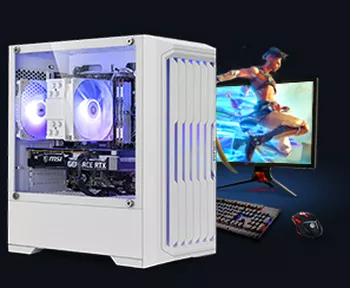
Processor: Intel Core i5-12400F
Video card: GeForce RTX 3050, 6GB
RAM: 32GB (16GBx2) DDR4 3200 MHz
Motherboard: Gigabyte B760M DS3H DDR4
SSD M2:SSD M.2 1TB / Kingston NV3
 Free
Free shipping

Processor: Intel Core i3-13100F
Video card: GeForce RTX 3050, 6GB
RAM: 16GB (8GBx2) DDR4 3200 MHz
Motherboard: MSI PRO H610M-G DDR4 Socket 1700
SSD M2:SSD M.2 500GB / WD Blue SN5000
 Free
Free shipping

Processor: Intel Core i3-13100F
Video card: GeForce RTX 3050, 6GB
RAM: 16GB (8GBx2) DDR4 3200 MHz
Motherboard: MSI PRO H610M-G DDR4 Socket 1700
SSD M2:SSD M.2 1TB / Kingston NV3
 Free
Free shipping

Processor: Intel Core i3-13100F
Video card: GeForce RTX 3060, 12GB
RAM: 32GB (16GBx2) DDR4 3200 MHz
Motherboard: MSI PRO H610M-G DDR4 Socket 1700
SSD M2:SSD M.2 1TB / Kingston NV3
 Free
Free shipping

Processor: Intel Core i3-13100F
Video card: GeForce RTX 3060, 12GB
RAM: 32GB (16GBx2) DDR4 3200 MHz
Motherboard: MSI PRO H610M-G DDR4 Socket 1700
SSD M2:SSD M.2 1TB / Kingston NV3
 Free
Free shipping

Processor: Intel Core i5-13400F
Video card: GeForce RTX 3060, 12GB
RAM: 32GB (16GBx2) DDR4 3200 MHz
Motherboard: Gigabyte B760M DS3H DDR4
SSD M2:SSD M.2 1TB / Kingston NV3
 Free
Free shipping

Processor: Intel Core i5-13400F
Video card: GeForce RTX 3060, 12GB
RAM: 32GB (16GBx2) DDR4 3200 MHz
Motherboard: Gigabyte B760M DS3H DDR4
SSD M2:SSD M.2 1TB / Kingston NV3





